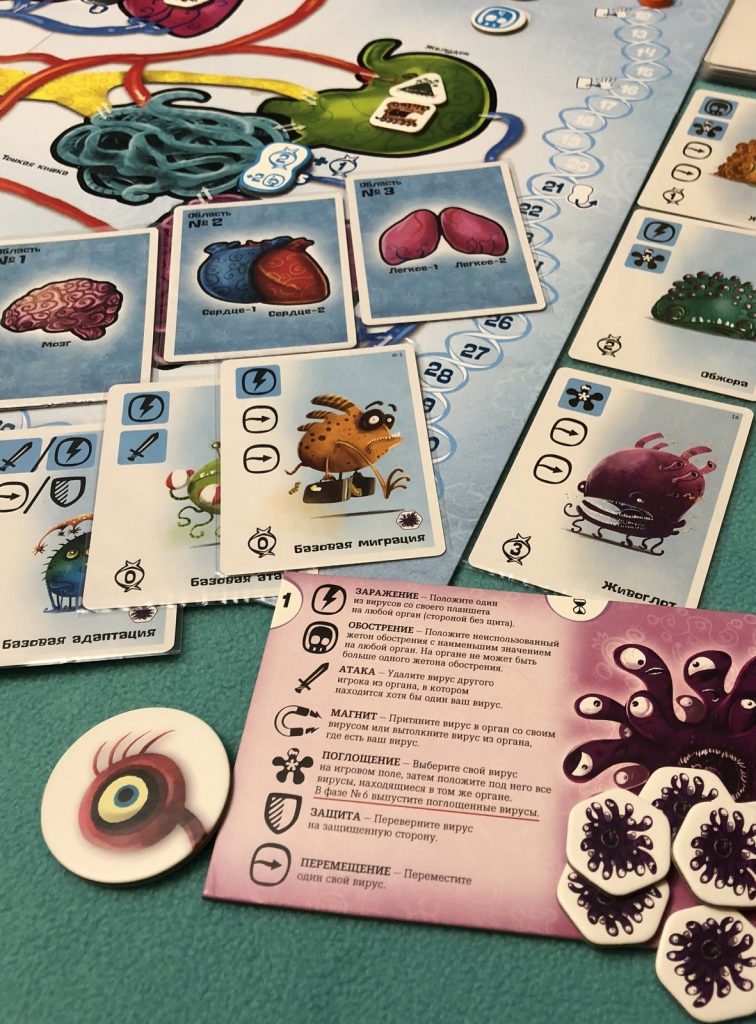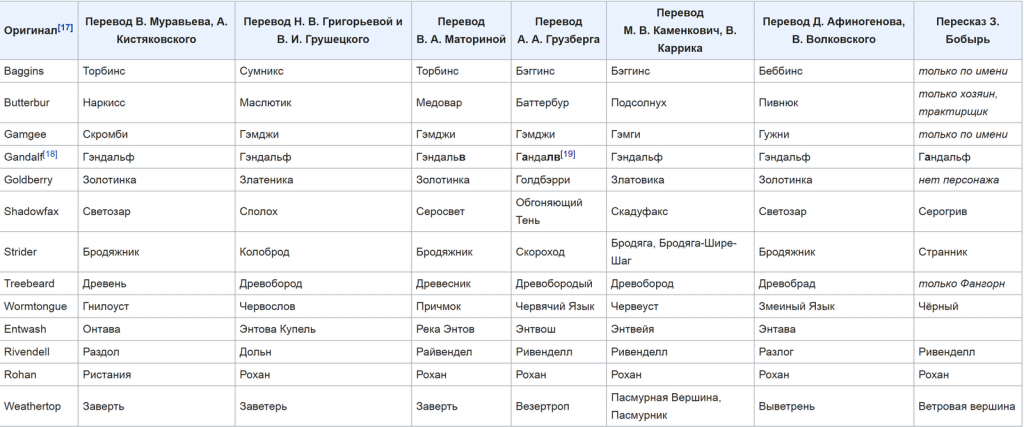Howdy, geek squad!
In this post, we’ll look at Russian localization and explore considerations that go into translating different parts of your game’s text. Russian tabletop slang is replete with Anglicisms and terminology that wouldn’t make much sense to the uninitiated.
While it’s important to know what words to choose when translating a tabletop game into Russian to avoid confusing seasoned Russian players, it’s also equally important to make your game accessible to as many players as possible, regardless of how closely familiar they are with the medium.
Transliterations
Since a lot of terms used in English tabletop games don’t exist in Russian, players often have to resort to using transliterations or loanwords to describe game mechanics. These can be words like «трек» (track), «бустер» (booster), «муллиган» (mulligan), «даунтайм» (downtime) and many others.
There are also some terms that have multiple possible translations and are used interchangeably, such as «жетон», «фишка», «токен» (which can all mean ‘token’), «плитка», «ячейка», «тайл» (which can all mean ’tile’). Some of these are transliterations.

Some publishers eagerly insert transliterations in their text, but unless your player base is made up entirely out of hard-core players, it’s best to avoid using transliterations if possible, so as not to confuse new players trying to understand your game’s rules. It’s also generally considered a bad practice in translation to mindlessly transfer words from source text to target text.
The main goal of localization is to convince a foreign audience that the game was created specifically for them. Peppering your text with too many foreign words ruins that impression. A creative and experienced translator will always try to come up with an elegant alternative that isn’t offensive to the native speaker’s literary sensibility.
Creativity
Which brings us to our next point: creativity, which plays a major role in localization.
For instance, board games that rely on roleplaying mechanics often include cards with unique skill and ability names, which in some cases can be untranslatable or extremely difficult to translate. The translator’s job in this case is to come up with an appropriate alternative in the target language.
In my work I always have to improvise on the go, but thankfully Russian is a very expressive language and it never feels like you can’t come up with the right word even for some very specific things.

Here’s an example from one of my latest localization projects:
The name of the ability is Lorica Maxima, two Latin words that roughly translate to The Strongest Armor. The description of the ability is ‘Like a diamond: impenetrable, impermeable. Poison Immunity.’
Here I decided to take creative liberty and go off the description to come up with an alternative name, rather than transferring the Latin words into the source text, which would just confuse and seem unusual to Russian players.
In the first sentence of the description it says ‘Like a diamond’, so I decided to go off that and name the ability «Куллинан» (Cullinan), after one of the most famous diamonds in the world.
Official Terminology and Glossaries
Many board games are based on books and video games, and contain terminology that has official translations the translator must keep in mind not to upset the fans. Things can get particularly messy in the case of books, as many older publications have multiple Russian translations, none of which the fans can agree on.
For instance, the Lord of the Rings series has 6 official Russian translations, not including fan translations! Appeasing fans of all those implementations simultaneously would be a near impossible task… But you can always ask the community.

In order to engage the tabletop community, create hype around their games and involve future players in the process of localization, publishers often collaborate with Russian fans to create glossaries for board games that are franchise installments.
Glossaries are also immensely useful for keeping the terminology consistent when releasing sequels. You don’t want to translate identical terms differently and confuse players.
If a character was named Goblin Mountain King in the first game, you don’t want to rename him to Emperor of the Goblin Mountain in the next game, and so on.
Attention to detail
Board games are only localized after going through a meticulous, lengthy process of testing and balancing. This is why any mistake or misinterpretation of the source text on behalf of the translator could be fatal in terms of the overall game balance.
Here’s an example in Russian: «повернуть» and «перевернуть» (both can mean ‘turn’, but one can also mean ‘flip’). They are two pretty similar and otherwise benign words, but using them incorrectly could lead to catastrophic changes in the game.
This could in turn lead to players getting upset and having a very negative experience, which undermines your game’s reputation and can get it labeled as broken or unbalanced.
For this reason, it’s imperative that the translator has an in-depth understanding of the game’s mechanics, rules, correct terminology and context.
Always remember that mistakes in board game localization are costly once the rulebooks and components have been printed.
Localizing Your Game’s Title
In Russian, we usually don’t localize game titles, as they serve as a sort of trademark. A lot of Russian board game enthusiasts learn about upcoming board games from foreign sources way before they even reach the Russian market. That’s why it’s best to keep the original title in English.
There are some exceptions to this, of course. If the name of the game is something easily recognizable by most people, such as the name of a city or an historic event, then it’s appropriate and even advised to translate the title.

When titles do get translated, or rather ‘culturally adapted’, it’s often marketers and not translators who come up with them. Marketers determine which title would work best and attract the most attention in a particular region. Even changing the box artwork is part of this localization process.
What we just discussed are some of the most important elements specific to Russian localization, and keeping them all in mind when localizing your tabletop game can help you make the player experience unforgettable and put your game in the spotlight of the Russian geek community.


